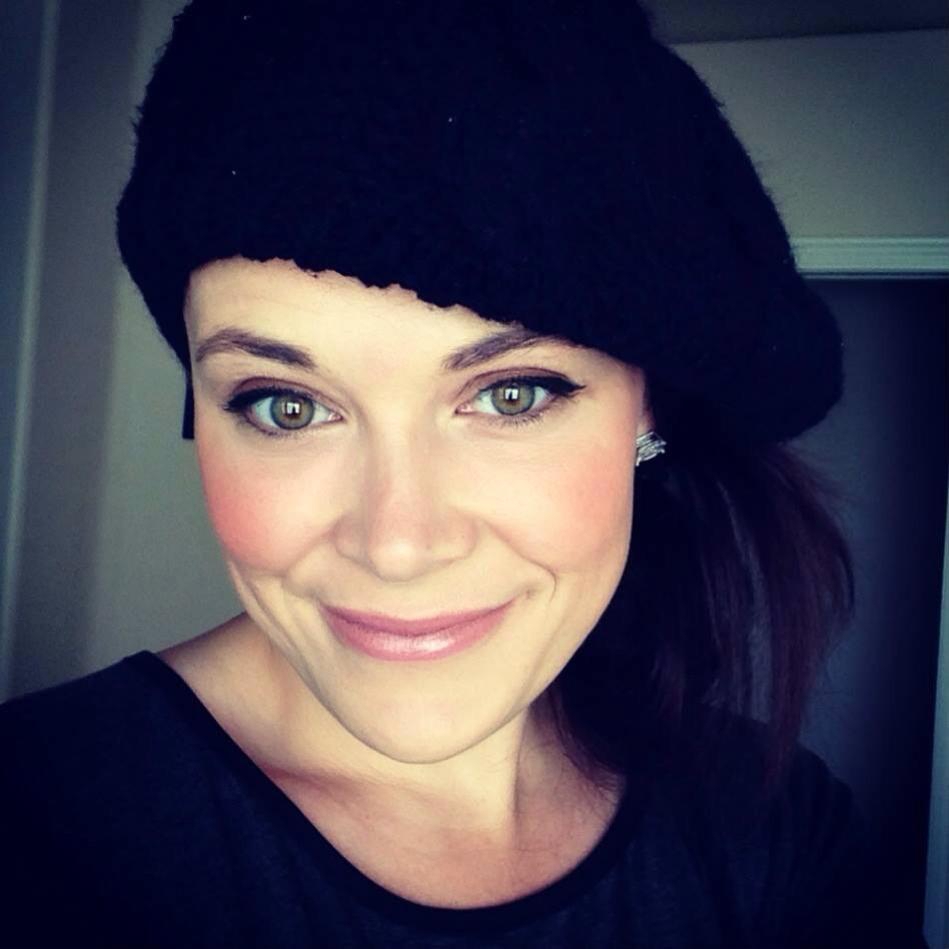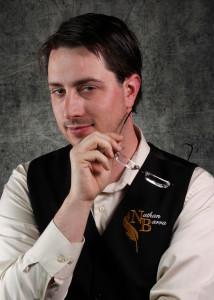Where did you learn to write? Where do your story ideas come from?
These are the two questions I get asked most often. And when I tell people where I learned and how that learning now gives me my ideas, they most often shake their heads and say, “Really?”
I always loved stories and the power of words to whisk me away to other realms and realities. I wanted to write them, to tell them but I felt too shy, too awkward, too inadequate, and too intimidated. To overcome this, I took a university degree in English, and instead of feeling my confidence soar, I was devastated. How could I, a lowly kid from the farm, ever be as perfect, so lauded, or garner so much depth and awesomeness in words? The bar was set high and everything I learned taking that degree didn’t set my creativity free – it only intimidated it.
Oh, I still dabbled with ideas but achieved nothing of substance. I just didn’t know how to make it work. The answer, oddly enough, was found by going back to University, but not in English Literature classes.
My great revelation came when I studied Food Science at the University of Saskatchewan’s College of Agriculture. That meant I had to take a variety of classes including Agricultural Economics. I worked for a while in that department because I had a gift for understanding and telling the stories found in numbers. That was second nature to me, but still, that wasn’t where I learned to write fiction.
My fiction writing emerged from studying chemistry and microbiology. In microbiology, I had to observe and explain worlds – what creatures they were composed of, how they came to be, what their effects were on the systems they were found in and so on. In chemistry, I had to explain cause and effect, or stated in writing terms, to observe, document, explain the characters’ (substances and elements) actions, reactions, and the consequences of those actions and reactions. Both courses taught me to be an astute observer, to document, to ask the what-ifs, to understand and explore their worlds.
The formulas for writing and working in a scientific environment are all the same – observe, document, ask the what-ifs, hypothesize, understand and explore.
So hail to economics, microbiology, chemistry, and physics too! They’ve kept me in good stead because now I see the stories in the world around me. For example, I’ve found them in a creek near my house, looking out an airplane window and seeing the Canadian Shield below me, visiting henges in England, on a Moroccan shoreline, in ancient digs in Crete, on an island, in my back yard and in all the people I’d like to know about.
Now I explore the rich world of what-if around me. It bursts with ideas and possibilities and my writing life abounds with stories yet untold. I may never be as perfect as the masters who had once so intimidated me, but I don’t care. All I care about is the world I know and explore and I revel in the joy of sharing it. My world now is filled with What-If?, How Come?, and Why Not? – aren’t those the questions children so often ask? That sounds like another story, for another time…
Happy writing!


